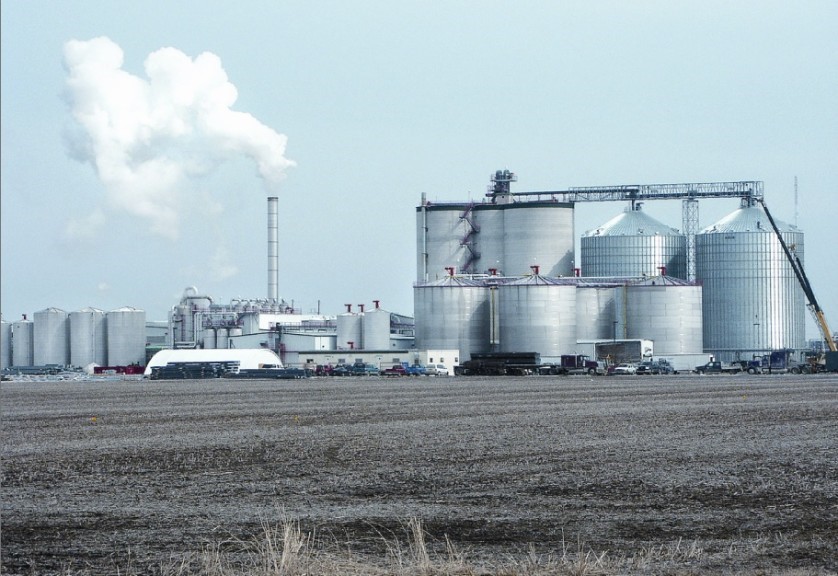David Muth of Alternative Equity Advisors recently spoke at the 2022 Land Investment Expo about the...
Study Finds RFS Boosts Farm Income $2.3 Billion Annually

Capturing the interactions between biofuels and agricultural industries and their connections with other economic activities was key to a first-of-its kind study. "This is the first comprehensive examination of market factors and policies on the expansion of biofuels production in the U.S. to examine the economic impact of these individual drivers separately," said Farzad Taheripour, the Purdue University agricultural economist who led the study.
Taheripour says, “We found that the Renewable Fuels Standard (RFS) played a critical role in reducing uncertainties in commodity markets, and its most significant impact was to help farmers use their resources more efficiently. With producing more corn and soybeans, over time the farmers were able to bring fallow land that had been unused back to production. U.S. annual farm incomes increased by $8.3 billion between 2004 and 2011, with an extra additional annual income of $2.3 billion between 2011 and 2016."
Over the past 15 years, production and consumption of biofuels have increased in the U.S. due to various factors including market forces and biofuel policies, according to Taheripour. The RFS policy requires transportation fuel sold in the United States to contain a minimum volume of renewable fuels. Examples of renewable fuels include the biofuels ethanol, most often made in the U.S. from corn; and biodiesel, most often made from soybeans. The policy was established in 2005, and was expanded and extended by the Energy Independence and Security Act of 2007.
The economic study looked at both short- and long-term price impacts of policies and other market forces on the expansion of the biofuels industry and was able to identify the impact of each individual market driver. A paper detailing the team's work is available in the journal Frontiers in Energy Research.
To read the entire report click here.
Editor’s Take:
This first of its kind study now quantifies what we have intuitively known for some time. Increasing ethanol and bio-diesel use is not only good for the environment but good for farm income, as well. The study puts a number to the increase and demonstrates why farmers are able to afford more trucks as a result of policies designed to assist with increasing markets for these fuels. That is why we like to point out that farmers/ranchers produce food, feed, fiber and fuel. They are a significant contributor to the overall GDP of our nation, and that contribution only grows over time!







